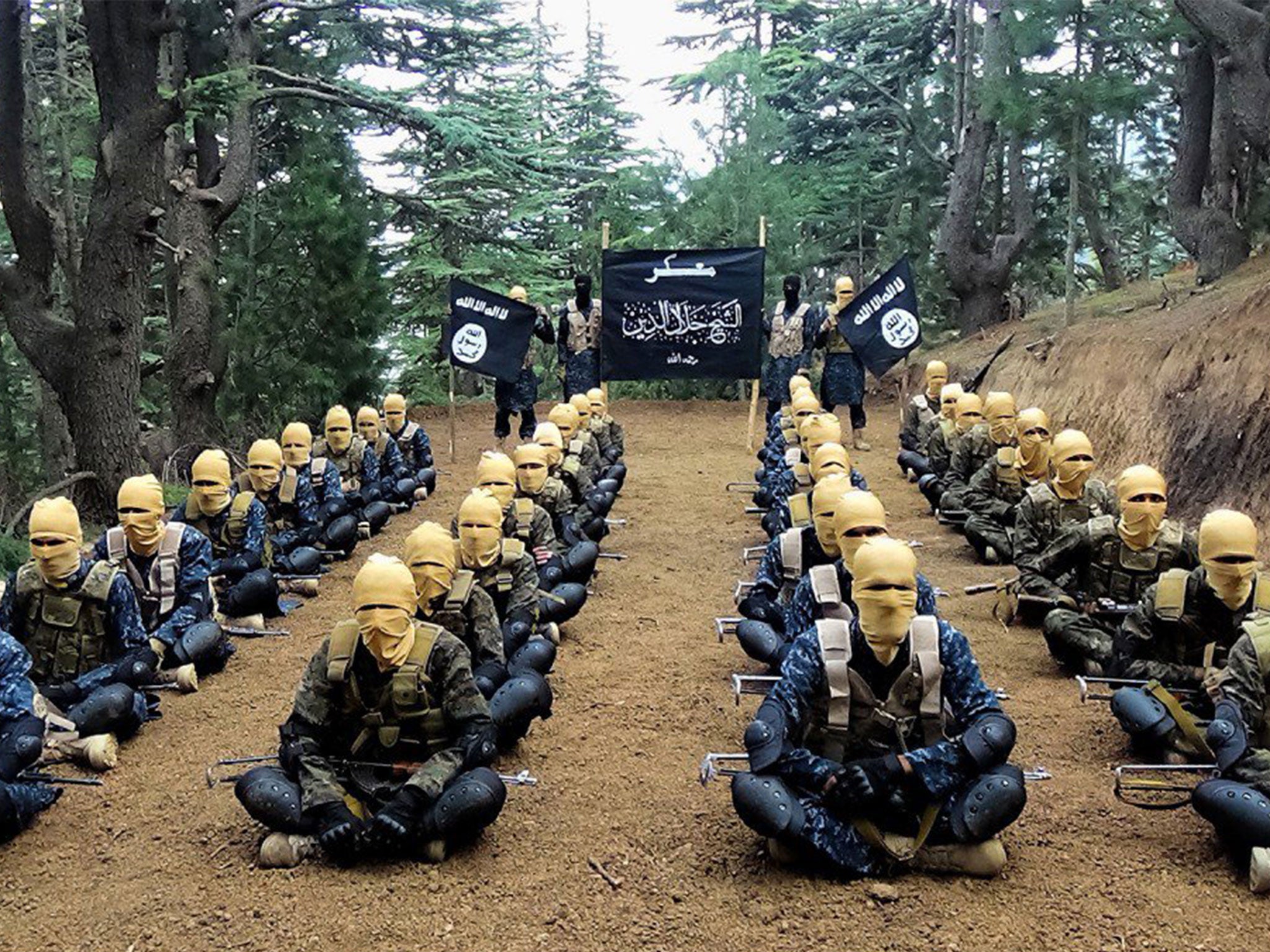This is what 'boots on the ground' in Syria should actually look like
We need to stop relying on billion-dollar weapon systems and start re-learning the craft of war

The UK Parliament’s vote for airstrikes was historic in many ways. For one thing, it was a vote for a tactic rather than for a policy or a strategy. Few MPs objected to the motion on the principle of going to war against Isis. Most detractors objected because the proposal for airstrikes was not part of a credible political and military strategy.
If the UK government and the international community is serious about embarking on a process to ‘degrade and destroy’ Isis then a strategy is required. Here are some basic principles that can shape the features and phases of a successful strategy.
Firstly, the issue of ground forces, without which success is unlikely, has to be addressed. The Government’s myth of moderate militias has been all but debunked. Alternative options must be considered. Wisely, there is no appetite for Western boots on the ground. The easiest solution militarily would be to use Syrian state forces, but that may be too difficult a pill to swallow for Western leaders, who have decided that Assad must go.
An alternative could be regional forces from countries such as Turkey, Jordan, Oman and Egypt. The occasional use of Western Special forces should be the limit of Western boots on the ground. Otherwise, there is a risk of strengthening the extremists’ narrative of a war between Islam and the West.
Secondly, it must be clear who we are fighting. Isis has been identified as the enemy but it is ideologically identical to Jabr Al Nusra, the Al Qaeda group from which Isis emerged. If Isis is targeted and Al Nusra is not, then many fighters will just swap identities. Any degradation of Isis will probably lead to a strengthening of Al Qaeda, with its greater emphasis on targeting Western states. So it is important to identify and confront all Islamist extremists regardless of their ‘battalion badge.’
The third point will be to identify and isolate the area of battle. Isis’ freedom to move fighters, weapons and goods across borders needs to be prevented. So the first phase of any strategic plan should aim to control the border territory. An agreement will have to be reached with the Syrian regime, probably via the Russians, about doing the same along its front line.
Once isolated, the strategy to fight Isis should be based on the Manoeuvrist concept of warfare. Using its superior, intelligence, command and control capabilities, the Coalition can rapidly direct land forces to areas that they can control in order to break up Isis' current territory into several discrete areas.
This territorial breakup of Isis’ area of control will have two immediate benefits: it will destroy the political myth of a ‘Caliphate’ based upon a state and also will make it difficult for Isis to operate as a cohesive organisation leading to the degradation of their fighting capability and reduction in morale.
These effects, however, should not be overstated as Isis is likely to return to its original state as a cellular terrorist organisation operating out of urban centres. It is at this point that the Coalition will have to exercise strategic patience. It is unwise to attack extremists in towns and cities populated with innocent civilians. A fourth tactic of a ‘beginning siege’ will have to adopted where civilians are allowed to leave and food and other essential supplies are allowed in. It will probably take months before conditions are right to retake the town without undue risk.
Isis, and Al Qaeda before it, are a security threat because of their success. That success came from their ability to be strategically creative, to seize the initiative and to be operationally focussed. That threat will only be eliminated once our leaders stop thinking that battle winning capabilities are provided by billion-dollar weapon systems and start re-learning the craft of war. Strategy is the art of the general and requires operational courage. It is embarrassing that the extremists have reminded us that to win we must first dare to imagine success.
Afzal Ashraf is a Senior Tutor at the Royal United Services Institute



Join our commenting forum
Join thought-provoking conversations, follow other Independent readers and see their replies